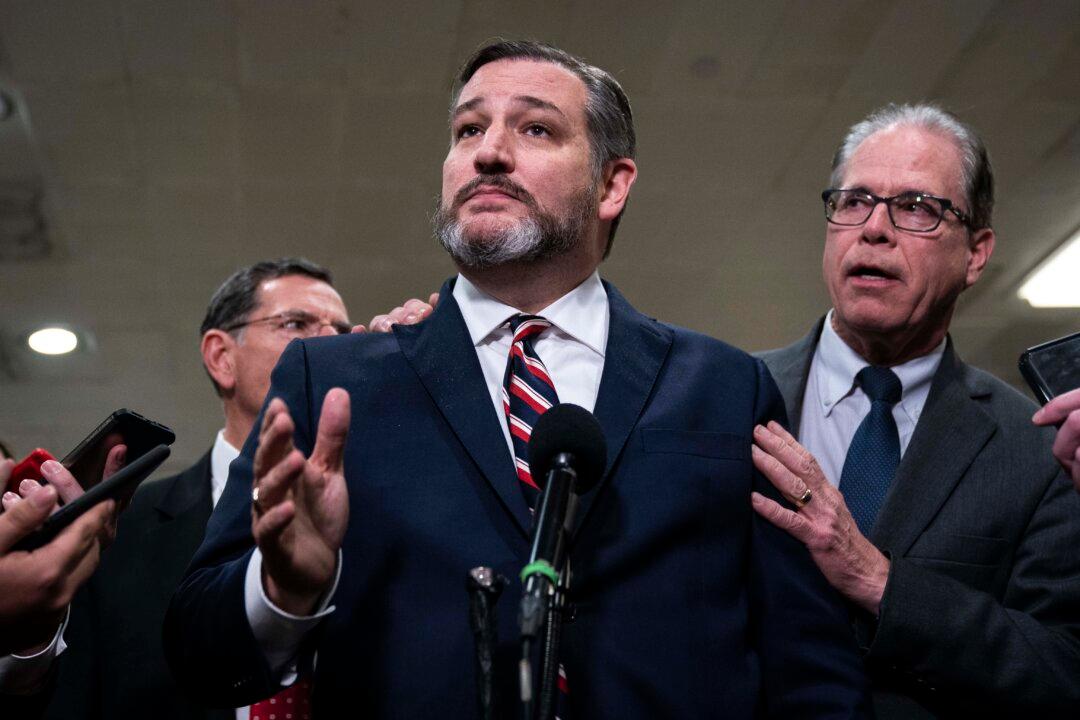Commentary
It certainly doesn’t feel this way at times, but we have never been closer to a true free-market health care revolution than we are right now.

It certainly doesn’t feel this way at times, but we have never been closer to a true free-market health care revolution than we are right now.